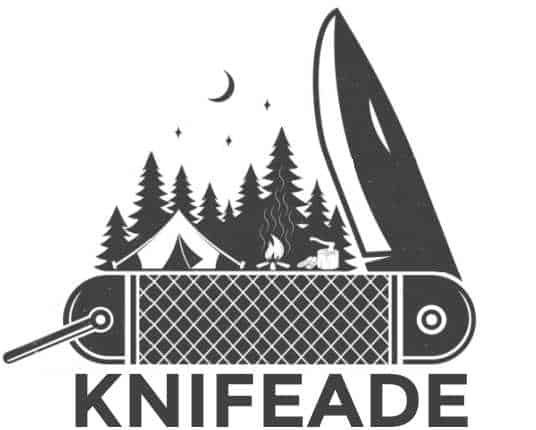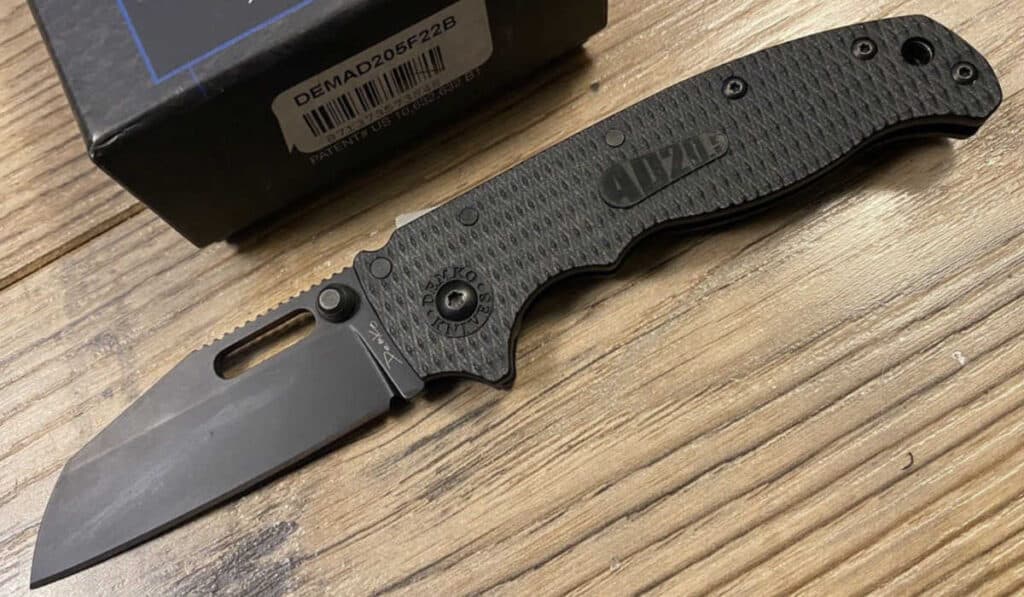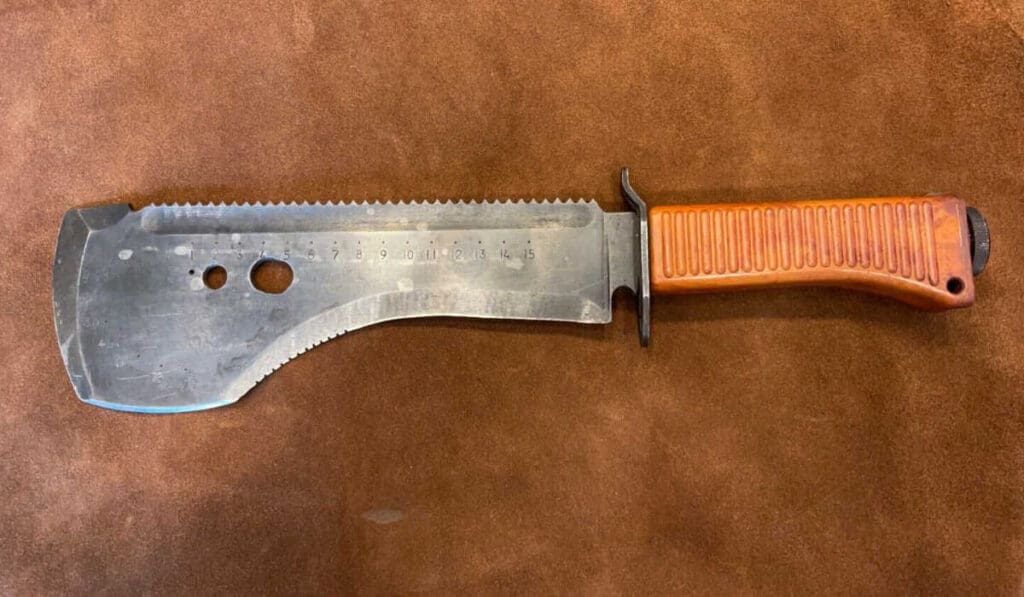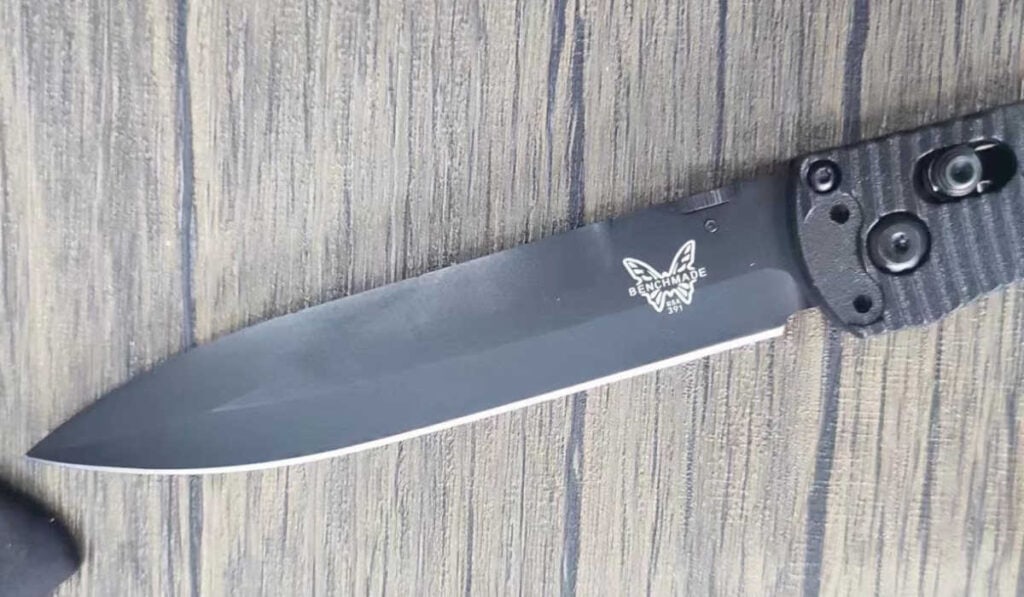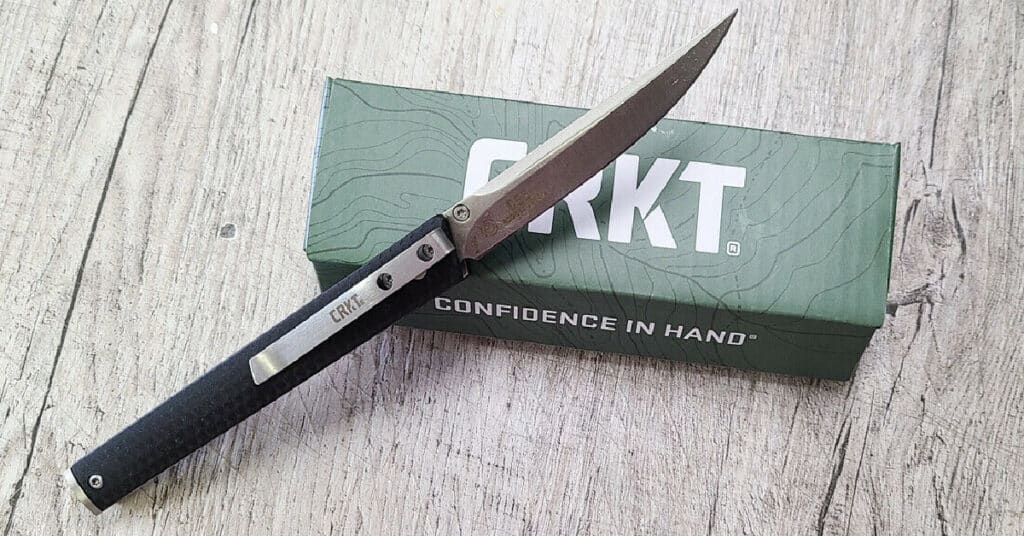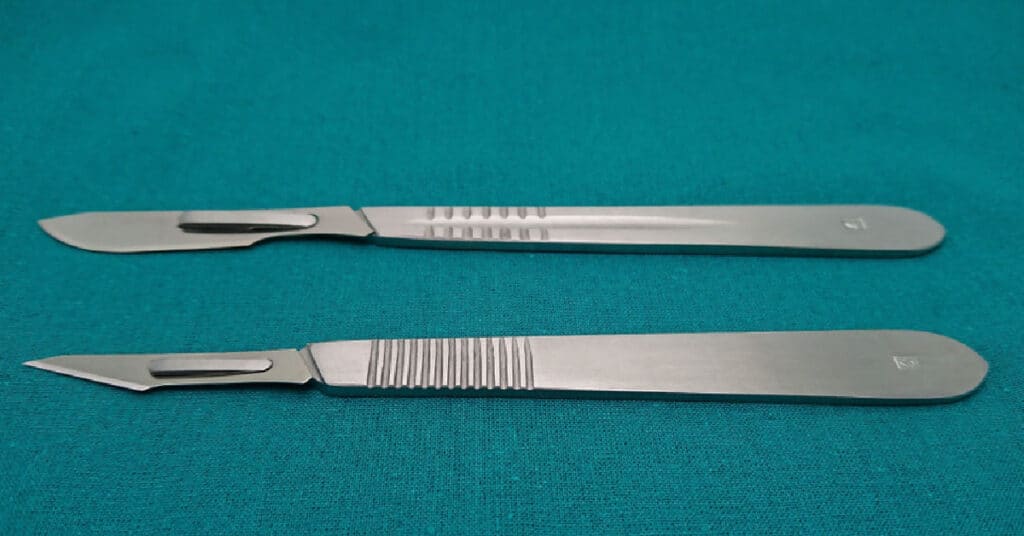Last updated on October 21st, 2023 at 10:57 pm
As an Amazon Associate I earn from qualifying purchases.
When it comes to carrying and owning knives, West Virginia has a variety of laws that must be taken into consideration.
It is important for knife owners in the state to familiarize themselves with these regulations to avoid any potential penalties or charges involving their pocket knives.
In this blog post, we will discuss West Virginia knife law in detail, including an overview of legal restrictions on carrying and concealing knives, age limits related to possession and use, prohibited places where concealed weapons are not allowed as well as possible defenses against violations of the law.
Our Top Rated “50-State-Legal” Knives
*These knives are listed based on their broad legality across states, but always consult your local laws before making a purchase.
West Virginia Knife Law Overview
Legal and Illegal Knives
Legal Knives
In West Virginia, most knife types are legal to own and carry. The state imposes few restrictions, and even ballistic knives are allowed. If you meet the age requirement of 21, you are free to carry various types of knives concealed, with potential limitations depending on the specific knife and usage.
Some of the legal knives include:
- Pocket knives
- Hunting knives
- Fixed blade knives
- Bowie knives
- Fixed-blade knives
- Multi-tools with blades
- Swiss Army knives
- Stilettos
- Switchblades
- Butterfly Knives
- Gravity Knives
However, always be aware of concealed carry restrictions that may apply to specific types of knives, especially around minors and in certain public spaces.
Note that pocket knives, commonly defined as folding knives with a blade shorter than 3.5 inches, are generally not considered deadly weapons in West Virginia and are therefore subject to less stringent regulations.
Illegal Knives
West Virginia does not explicitly deem any types of knives entirely illegal to own or carry. However, age and usage play significant factors in determining which knives a person may carry concealed. To ensure adherence to these laws, avoid giving a switchblade knife, gravity knife, ballistic knife, metal knuckles knife, or undetectable knife to anyone under 21 years old, as it’s a misdemeanor offense.
Knife Possession and Carry
Open Carry
It’s generally legal to open carry most types of knives in West Virginia. However, restrictions apply to the sale or transfer of dangerous weapons, as defined by WV Code § 61-7-2, such as switchblades, gravity knives, ballistic knives, and daggers with a blade over 3.5 inches2. Always be mindful of additional restrictions for minors or in certain locations like schools, where knife possession is strictly regulated.
Concealed Carry
Concealed carry eligibility depends on age and the type of knife. If you’re 21 or older, you can carry non-threatening knives concealed without any issue. If you’re under 21 but at least 18, you should review the characteristics of the knife and the intent of use to make sure it does not qualify as a “deadly weapon”. Concealed carry permits for firearms do not automatically apply to knives, so be cautious when carrying a concealed knife.
Exceptions and Restrictions
Minors and Prohibited Persons
As per West Virginia knife laws, individuals aged 21 and above face fewer restrictions on the possession or carry of knives. However, persons aged 18 to 20 may commit a misdemeanor by carrying a concealed knife that qualifies as a “deadly weapon”.
Restricted Areas
Certain areas in West Virginia have restrictions on carrying knives. For instance, it is illegal to carry a knife with a blade longer than 4 inches into any government building, such as courthouses and schools. Other locations may have additional regulations.
Exceptions for Tools and Implements
West Virginia allows specific exceptions for carrying knives as tools or household implements. Pocket knives with blades shorter than 3.5 inches are generally exempt from restrictions, as are knives used for recreational purposes like hunting or fishing.
Knowing West Virginia’s knife laws can help you avoid accidental infringements and ensure responsible knife ownership. Always refer to the state’s relevant statutes for the most accurate and up-to-date information.
Local Knife Ordinances and Preemption
Statewide Preemption
Statewide preemption in West Virginia limits the authority of subdivisions such as cities and municipalities to regulate the purchasing, possessing, transferring, owning, carrying, transporting, selling, and storing of knives. This means that no locality can pass or enforce any ordinance or restrictions that are more stringent than the state’s knife laws.
FAQs in Relation to West Virginia Knife Law
Are switchblades illegal in West Virginia?
Switchblades, also known as automatic knives, are not illegal in West Virginia. West Virginia law doesn’t prohibit the ownership, carry, or use of switchblades or automatic knives.
Are automatic knives legal in West Virginia?
Automatic knives are legal in West Virginia. There are no laws explicitly prohibiting their ownership or use in this state.
Are butterfly knives illegal in West Virginia?
Butterfly knives, also referred to as balisongs, are not illegal in West Virginia. The state law doesn’t place restrictions on their ownership, carry, or use.
Can a minor carry a knife in West Virginia?
Minors under the age of 18 are prohibited from carrying a “dangerous weapon,” and those between 18 to 20 are limited in terms of concealed carry. It’s always recommended to check for any updates in local laws or ordinances.
Does West Virginia have knife length laws?
West Virginia does have specifications regarding the length of knives, especially when it comes to the definition of a deadly weapon. A blade over 3.5 inches in certain types of knives is considered a deadly weapon.
Can a felon carry a knife in West Virginia?
In West Virginia there are no specific laws addressing felons carrying knives. However, felons are generally prohibited from owning or carrying weapons, which may include certain types of knives, under federal law. Felons should seek legal advice to understand their rights and restrictions regarding knife ownership and carrying.
West Virginia State Knife Law References
Official Sources of West Virginia’s Knife Laws
- West Virginia Code, Chapter 61, Article 7, captioned “Dangerous Weapons”.
- West Virginia Code §61-7-2, which defines what constitutes a deadly weapon, including certain types of knives.
Significant Court Cases
| Case Title | Summary |
|---|---|
| State of West Virginia v. Alexander Thomas Infante | In this 2023 case, the defendant threatened a taxi driver with a knife, among other charges. The case detailed the legal proceedings and the charges against the defendant. |
Timeline of Major Changes
- 2016: West Virginia Legislature overruled Governor’s veto – Effective date June 2, 2016. Bill 2016 WV HB 4145 Enacted 3-5-16 repealed and amended various sections of the Code of West Virginia, 1931, regarding carrying deadly weapons including certain knives.
- 2020: West Virginia SB 96 added knives to the state’s definition of “deadly weapons” for purposes of statewide preemption, effective May 31, 2020.
Conclusion
In conclusion, understanding the intricacies of West Virginia’s knife laws is crucial for ensuring compliance and avoiding potential legal repercussions. The laws are relatively lenient compared to other states, yet there are specific restrictions, particularly concerning the age of the carrier and the concealment of certain types of knives. As always, staying updated with the latest legal amendments and consulting with legal professionals for personalized advice is highly recommended. This way, you can enjoy the utility and benefits of knife ownership and usage in West Virginia responsibly and legally.
Do Sheepsfoot Blades Have A Purpose? (Cuz They’re Ugly…)
Spetsnaz Machetes – Blades Of The Russian Special Forces
What Is The Actual Purpose Of A Spear Point Knife Blade?
CRKT CEO Review – Coolest, Most Worthless Knife Ever?
How Sharp Is A Scalpel? (Is It Sharper Than A Razor?)
Can You Shave With A Knife? (Yes, Here’s How)
As an Amazon Associate I earn from qualifying purchases.
